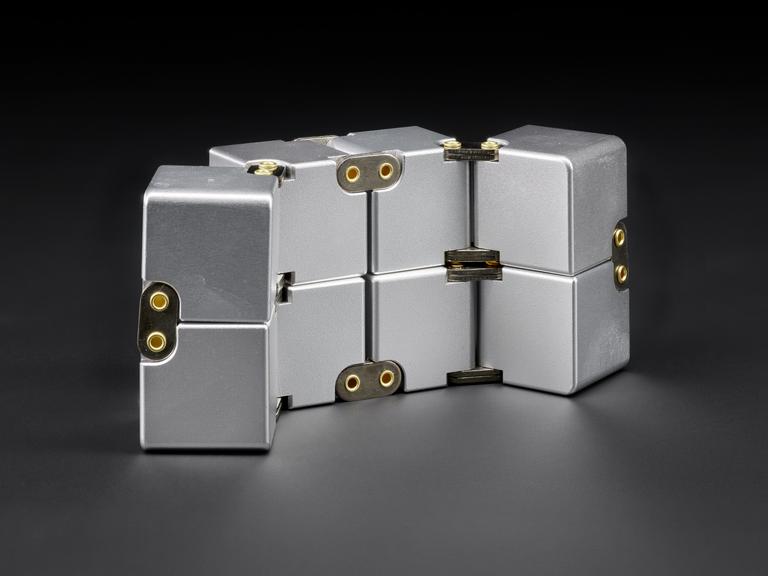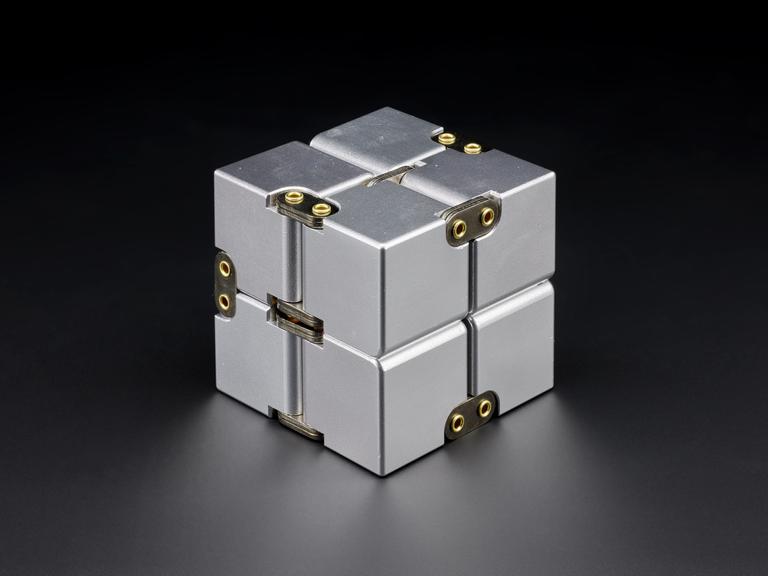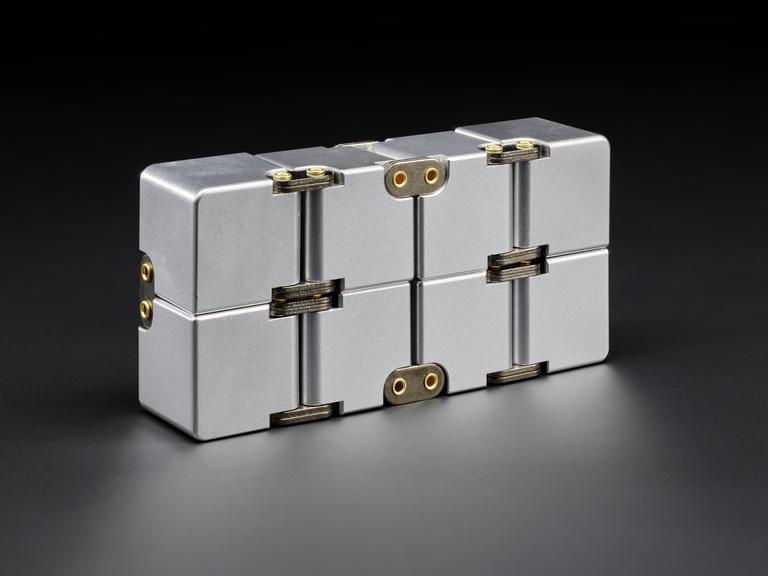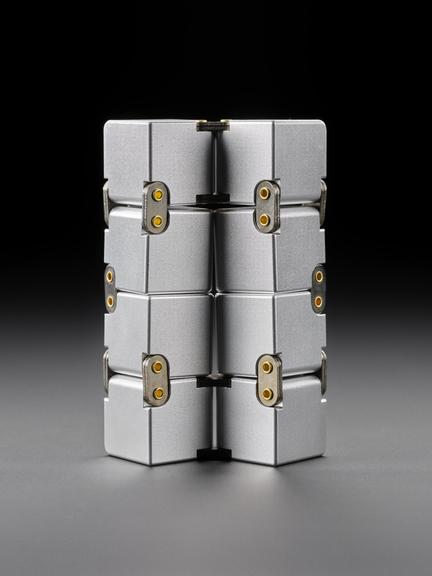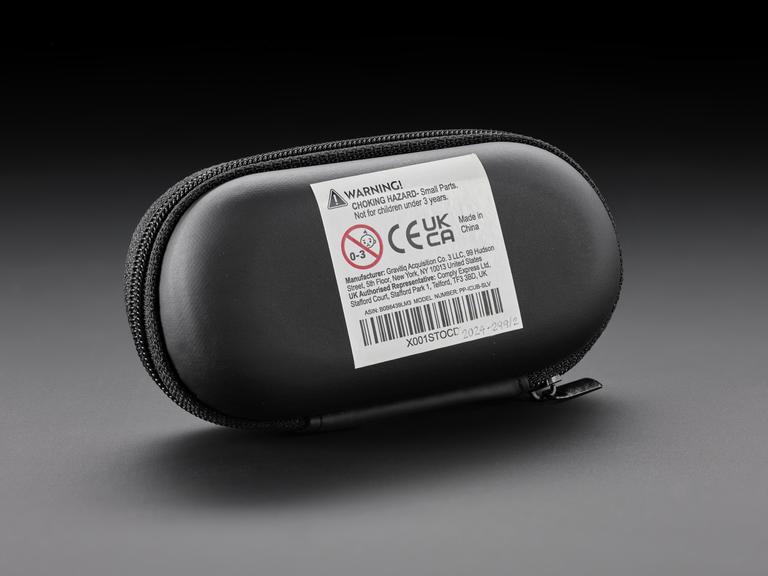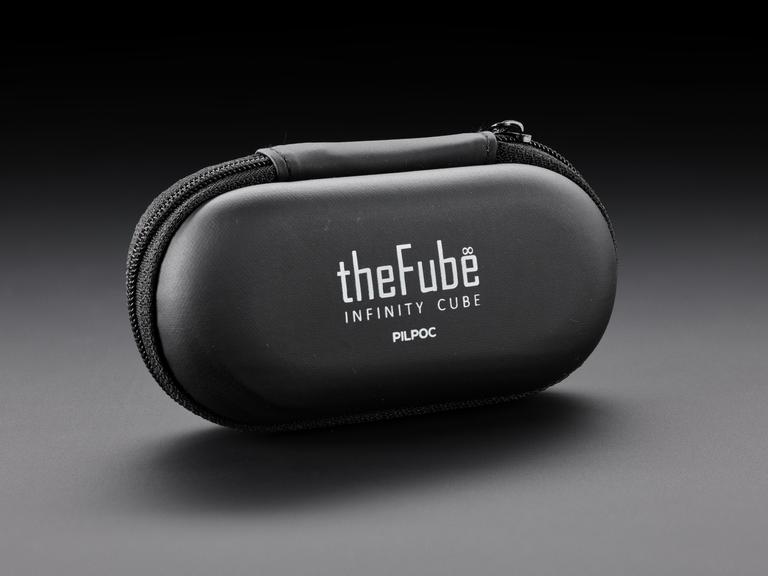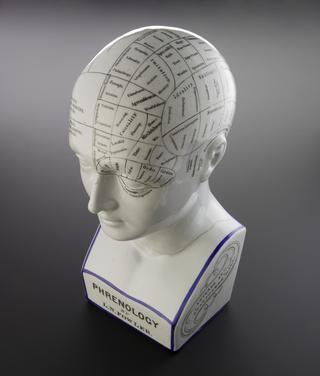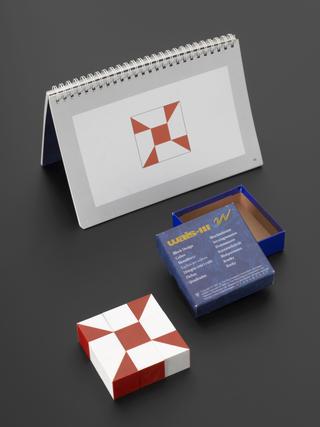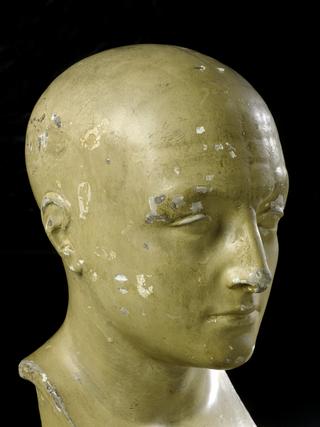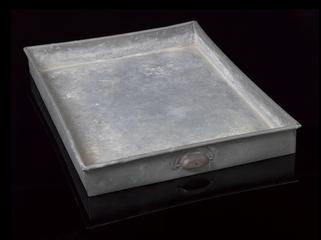Silver infinity cube fidget toy
Silver infinity cube fidget toy, made by Pilpoc, of the type used to help manage symptoms of ADHD and skin picking (dermatillomania), made in China, 2019-2023
More
Around 1 in 25 people in the UK have ADHD. The impact of the condition varies from person to person, but common symptoms include issues with impulse control, focusing, and organisation. Tools like this fidget cube can be used to help manage the symptoms of ADHD and other related medical conditions. People with ADHD are significantly more likely than the general population to experience other psychiatric conditions, such as obsessive-compulsive disorder (OCD). The fidget cube can help by providing an outlet for excess energy and reducing potentially harmful behaviour like skin picking, which can be a form of OCD. Scientific research on the effectiveness of fidgets is mixed, but many people find them useful, generally alongside other tools like medication or lifestyle changes.
Research shows, there is no difference in the prevalence of ADHD between different genders and races. However, it is and has historically been underdiagnosed in women and people of colour. Many people also report that it can be very difficult to access ADHD services in the UK. In October 2023, an ITV News and ADHD UK investigation found that the average wait time for a referral is three years in the UK.
- Measurements:
-
overall: 39 mm x 39 mm x 39 mm,
- Materials:
- aluminium (metal) and plastic (unidentified)
- Object Number:
- 2024-299/1
- type:
- fidget toy
- Image ©
- The Board of Trustees of the Science Museum




